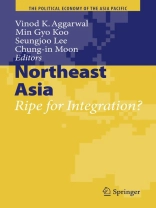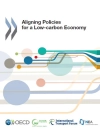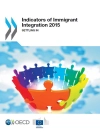Can regional mechanisms better institutionalize the increasing complexity of economic and security ties among the countries in Northeast Asia? As the international state system undergoes dramatic changes in both security and economic relations in the wake of the end of the Cold War, the Asian financial crisis, and the attack of 9/11, this question is now at the forefront of the minds of both academics and policymakers. Still, little research has been done to integrate the analysis of security and economic analysis of changes in the region within a broader context that will give us theoretically-informed policy insights. Against this backdrop, this book investigates the origins and evolution of Northeast Asia’s new institutional architecture in trade, finance, and security from both a theoretical and empirical perspective.
表中的内容
Economic and Security Institution Building in Northeast Asia: An Analytical Overview.- South Korea’s Regional Economic Cooperation Policy: The Evolution of an Adaptive Strategy.- Rhetoric or Vision? Chinese Responses to U.S. Unilateralism.- Under Pressure: Japan’s Institutional Response to Regional Uncertainty.- North Korea’s Strategy for Regime Survival and East Asian Regionalism.- Impassive to Imperial? Russia in Northeast Asia from Yeltsin to Putin.- Security in Northeast Asia: Time for New Architecture?.- The Future of Northeast Asia’s Institutional Architecture.












